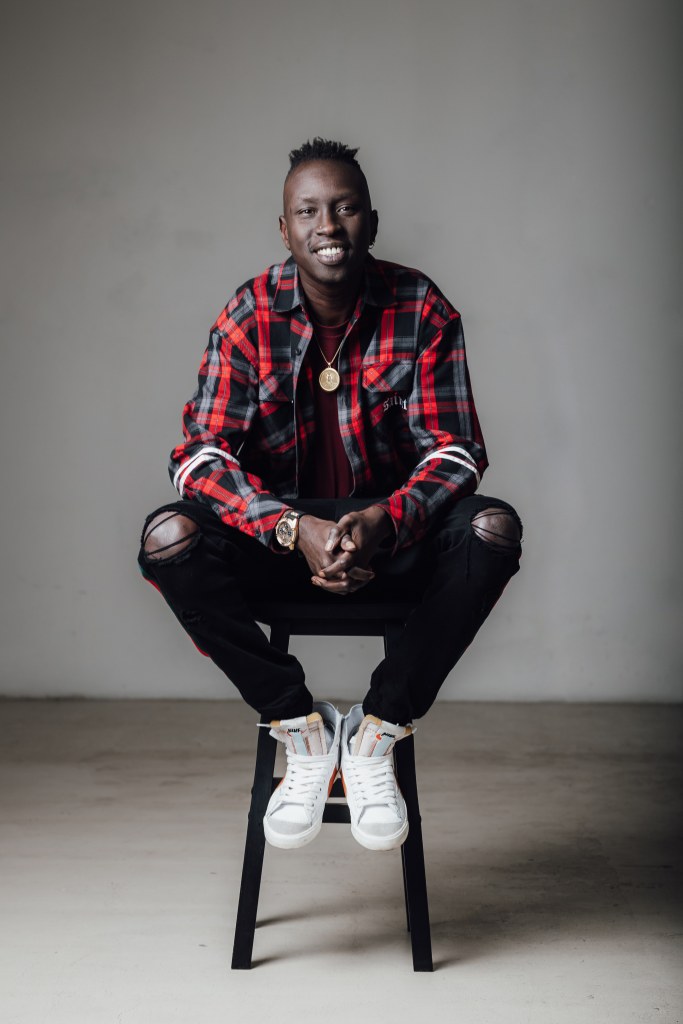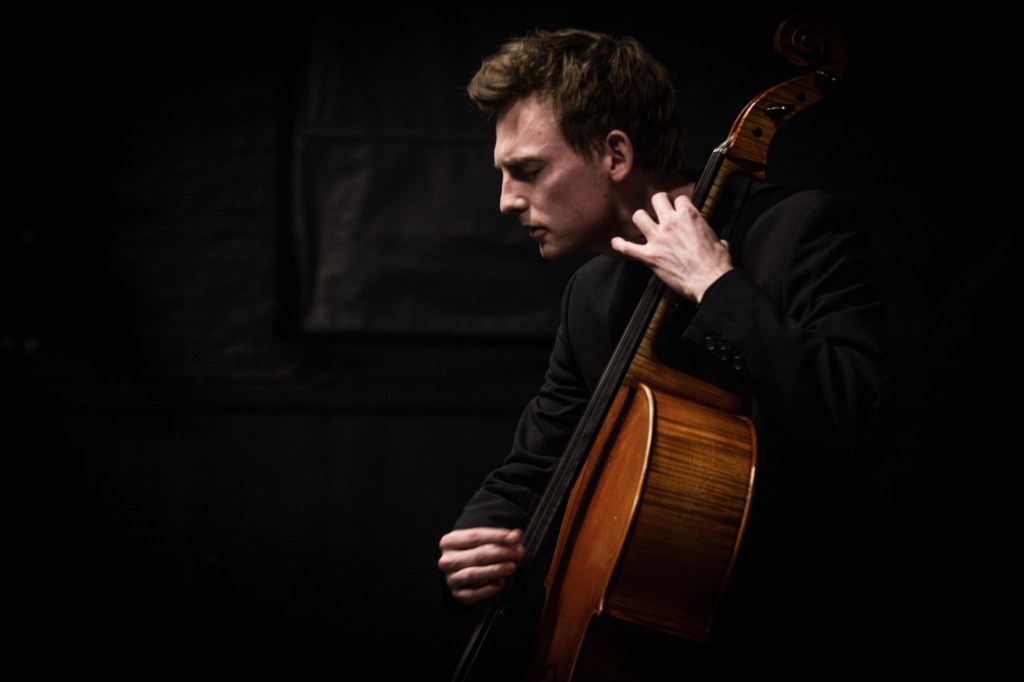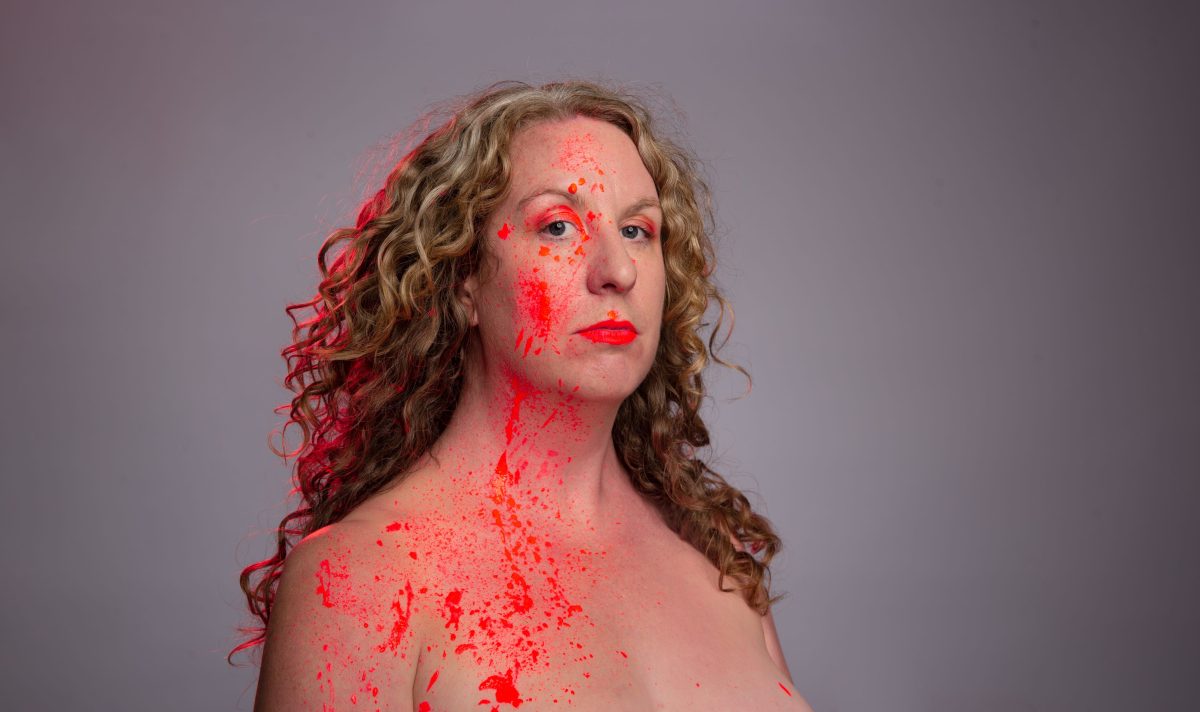Ranking behind only the Olympics and football’s World Cup as a ticketed affair, the Edinburgh Festival Fringe is a fabled event, one with tradition on its side and a contemporary reputation for making careers.
For London-based Australian cellist William Jack, a spot on this year’s festival bill was a life goal as much as a career step. ‘My attitude was that it was just a great experience that I can look back on [one day]. As a musician, it’s a really cool thing to tick off the old bucket list,’ he says.
In Jack’s case, his show This Old Cello Box sought to reinvigorate perceptions of his instrument, drawing on influences from foundational rockers like BB King and Chuck Berry as well as his classic training. He went up for a single show at St Giles Cathedral, just off the Royal Mile, and was thrilled to be invited to play the festival’s taster stages.
Theatre-maker Bron Batten made her third trek to the festival this year with her one-woman show Waterloo, which details her relationship with a soldier she initially met on an onstage date. Her show attracted strong notices, but she says a perfect storm of external events made the 2022 festival a tougher one for artists.
‘There were cost-of-living increases in the UK, train strikes, rubbish strikes … across the festival, audiences were down 25%. A lot of shows struggled to get people in. It’s usually very difficult, but this year it was very, very difficult,’ she tells ArtsHub.

Sudanese-Australian comic Emo Majok debuted at the Fringe with his show African Aussie. While he enjoyed the festival and managed to sell out some shows, Majok acknowledges this year was a slog for some. ‘I know a whole heap of people that lost money. Accommodation was four or five times more expensive [than usual],’ he says.
In the wake of this year’s festival, there was some debate over the continued viability of the Fringe model, with some arguing its almost month-long duration is too gruelling for artists and that the financial cost of putting on a show is resulting in a lack of diversity across the program.
Batten says there has been some dialogue about the festival’s open access model. Letting anyone put on a show can, in theory, have benefits in encouraging experimental works and new artists that may not make it past the gatekeepers of a more curated festival. But the model can have a downside.
‘It’s democratic and part of the spirit of the festival, but … it’s just maths. There are too many shows for audiences to go to,’ she says.
Cutting through the noise
Comedy makes up the biggest chunk of the Edinburgh Fringe’s program, and Australian comedians continue to be drawn to the Scottish capital en masse come August.
For young comic Prue Blake, who is currently preparing for Perth Fringe shows, the sheer scale of Edinburgh was almost overwhelming. ‘I was shocked to see how big and full-on it is, especially coming from a couple of festivals that either didn’t happen or were smaller than expected. It was unbelievable to see something so packed.’
With more than 3000 shows on offer, finding a way to stand out and sell tickets or get media and industry attention can be a challenge for even seasoned performers.
Blake, who did a free lunchtime show with fellow Australian comics Sonia Di Iorio and Peter Jones, says a good concept can help draw punters. ‘Our show was called Comedy Hour, so it did what it said on the tin. I think trying to sell an hour-long concept-driven show would have been a lot harder.’

On the other hand, Jack says presenting something off the beaten track can be the very thing that piques an audience member’s interest.
‘If your show is a little bit outside the normal [music] that you’d find in concert halls, the Fringe is a great platform to present your work because that [point of difference] can help it stand out,’ he explains.
And as Batten notes: ‘There is a huge amount of noise and competition, and promoters and producers that have more means to promote shows.’
In her case, she says paying for quality promotional images is money well spent. She had photographer Theresa Harrison shoot some dramatic portraits and noticed that when she was flyering, people remembered seeing her image around.
For performers who have secured management, leaving the promotion to others can make the experience smoother. Majok had organised things for himself on previous festival jaunts, but was happy for his management to take the lead at Edinburgh, setting up media calls, organising a flyering team to promote his shows and suggesting key industry events to attend.
He was left to do what he does best – get on stage and make people laugh. ‘That was the only side of things I needed to focus on, so I put in all the work at the open mics, making sure the material was ready and set in stone.’
There were a couple of hiccups for Majok – his Square reader didn’t have a UK account, meaning his efforts to sell his merch (which includes air fresheners and T-shirts) were hampered. But overall, it was a positive experience for him.
‘I definitely don’t regret going. I came back a better comic just from being there and learning how to switch gears,’ he says.
The emotional and financial cost of playing Edinburgh
Majok’s advice to any performers eyeing a spot on the Edinburgh Fringe next year is simple yet resonant: ‘Save money! It’s expensive!’
Jack says he went into the festival not expecting to ‘make bank’ but was pleasantly surprised by the generosity of punters who bought CDs after his show. His festival show also led to other career benefits, like being asked to perform on BBC Radio 3.
He says there are ways to keep overheads low – in his case, he took an overnight bus to Edinburgh and stayed in modest digs to make the numbers add up.

Other artists note that the emotional toll of a festival this sprawling can be as pronounced as the financial challenge. ‘It’s a huge investment in terms of money, effort and emotional investment,’ says Batten. ‘It’s an endurance feat.’
Blake agrees. ‘It was exhausting … you can get into a bit of a Groundhog Day scenario.’
Still, she has no regrets and, like Majok, believes the intensity of the festival experience refined her craft. ‘In a way, it pushes you out of your comfort zone and forces you to take more risks because you’ve got so many more chances to win a crowd over.’
Blake believes that teaming up with two other comedian friends who had connections with a suitable venue and generally knew the ropes made all the difference. ‘It can be really brutal to feel so insignificant in the scheme of the huge comedy industry. Having friends you can rely on and go to shows [with] makes it a lot nicer experience.’
Ultimately, Blake would recommend the experience with all its highs and lows, but urges a clear-eyed approach. ‘It is incredible, but go in with realistic expectations and consider the financial aspect,’ she says.
Batten suggests talking to other performers who have played the festival before planning a trip or even attending the Fringe as a punter to get a feel for it before making the plunge. ‘If you’re thinking about going, it’s great to work out your goals and manage your expectations. It is a beast.’
Registrations for the 2023 Edinburgh Festival Fringe open in early 2023.





